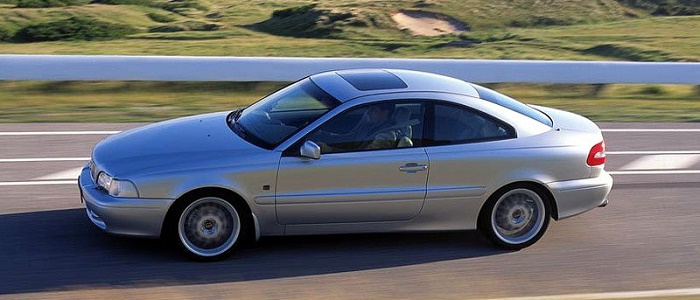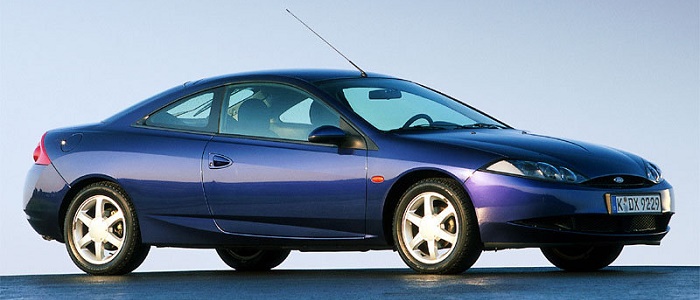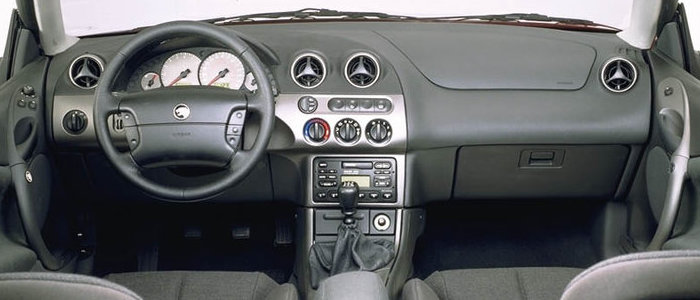Compare two cars
Compare any two cars and get our Virtual Adviser™ opinion
Marketing
Dimensons & Outlines
Engine
Performance (manual gearbox)
Performance (automatic gearbox)
Expenses
Virtual Adviser's™ opinion
Well, these are two pretty similar cars we have here! It's only details that could potentially make the difference. Considering they both belong to the sports car segment and utilize the same 2-door coupe body style and the front wheel drive system, it all comes up to the specific petrol engine choice they offer. The first one has a Volvo-engineered powertrain under the hood, a 5-cylinder, 20-valves 170hp unit, while the other one gets its power and torque from a 6-cylinder, 24-valves 170hp engine designed by Ford.
SafetyUnfortunatelly, neither of the two vehicles was submitted to the European New Car Assessment Programme (Euro NCAP) testing. This makes it virtually impossible for me to pick one over the other and I'm generally against buying such cars as the safety should really always come first. That aside, let's consider some other aspects which affect safety. Both vehicles belong to the sports car segment, which is generally classifying them somewhere in the middle safety-wise, but it doesn't do much to help us decide between the two. Furthermore, taking kerb weight as an important factor into account, the Swedish car offers a marginal difference of 6% more metal.
ReliabilityI don't like generalizing things when it comes to reliability, although it does seem that Ford does have a slight advantage, at least on all of the models level. That's the official data, while our visitors describe reliability of Volvo with an average rating of 4.6, and models under the Ford badge with 4.4 out of 5. Unfortunatelly, I don't have enough insight that would allow me to comment in more details on the specific models level. That apart, owners of different cars powered by the same engine as the Swedish car rank it on average as 5.0, while the one under the competitor's bonnet gets 3.0 out of 5.
Performance & Fuel economyBoth of the cars accelerate exactly the same, so we couldn't put one above the other. Car No. 2 is faster though, reaching top speed of 225 kilometers per hour, 10km/h more than the other car. When it comes to fuel economy things look pretty much the same for both cars, averaging around 9.2 liters of fuel per 100 kilometers (31 mpg), in combined cycle.
Verdict
Volvo appears just a bit more reliable, although the difference is truly marginal. The most important thing when deciding between any two vehicles should always be safety, both passive and active. In my opinion, everything taken into account, the Swedish car offers slightly better overall protection and takes the lead. When it comes to performance, both vehicles provide similar experience, so I wouldn't point any of them out. the Swedish car still consumps less fuel, which needs to be taken into consideration. I believe that, when we take all into account, we have only one winner here - the Volvo. In any case that's my personal view, built upon all the data available to me. What should decide here though is the way you feel about the two vehicles, and I hope you'll find my guidelines useful in the process. I suggest you spend two more minutes in order to find out which car, based on your needs and budget, would be picked by the virtual adviser™, among thousands of similar, yet so different vehicles.































